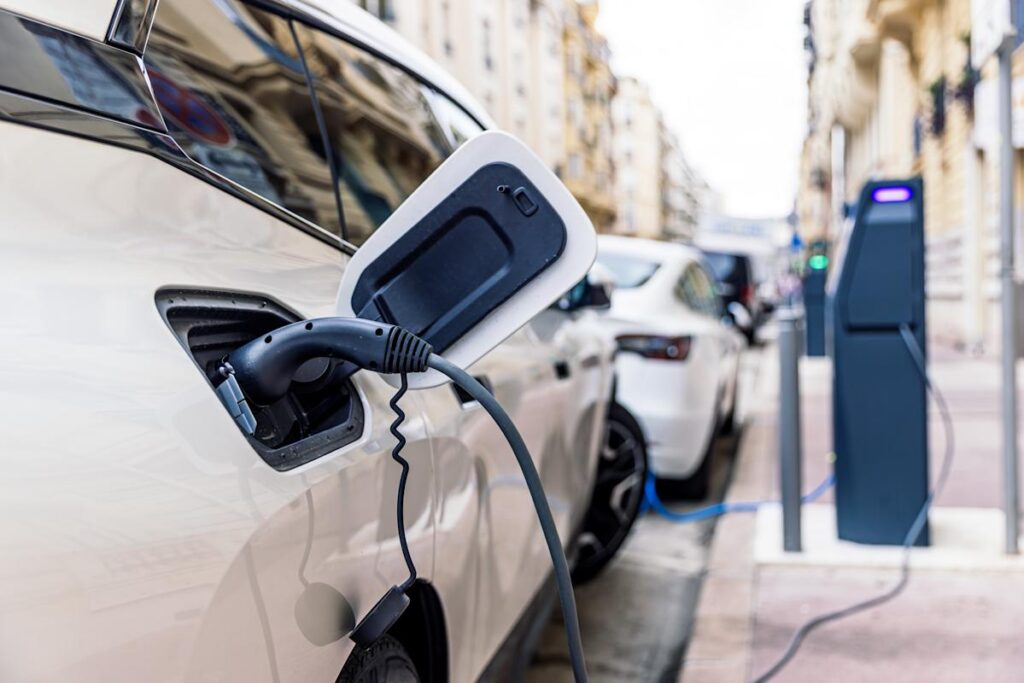
The passage of the so-called “Big, Beautiful Bill” has sent shockwaves through the US technology and manufacturing sectors. Passed with contentious provisions, the bill has drawn criticism for its potential negative impact on environmental protections and the burgeoning electric vehicle (EV) industry. Among the most significant changes is the impending termination of the EV tax credit, a move that could stifle the growth of electric vehicles in the United States.
The legislation also eliminates the used EV incentive and rebates for purchasing commercial EVs, further complicating the landscape for eco-friendly transportation. This development follows a series of promises by the current administration to bolster domestic manufacturing, yet the bill appears to undermine US solar companies, which are already struggling to compete with Chinese manufacturers.
Impact on the Solar Industry
The US solar industry, seen as a credible competitor to China, faces a significant setback due to the bill’s provisions. Industry insiders warn that despite potential tariffs, the bill could pave the way for an influx of inexpensive Chinese-made solar panels, threatening the viability of domestic producers.
According to sources within the industry, “This bill effectively opens the floodgates for Chinese solar panels, putting American jobs and innovation at risk.” The move represents a stark contrast to the administration’s stated goal of revitalizing American manufacturing, raising questions about the bill’s true intentions.
Controversial Provisions and Industry Reactions
An earlier draft of the bill included proposals that many considered vindictive, such as an annual EV tax of $250 and $100 for hybrid vehicles, alongside a general levy on wind and solar projects. Critics argue these measures appear to favor fossil fuel interests over renewable energy development.
One industry analyst noted, “The bill seems designed to benefit fossil fuel companies at the expense of renewable energy, which is crucial for combating climate change.” This sentiment is echoed by environmental groups and clean energy advocates who fear the long-term implications of such policies.
Historical Context and Expert Opinions
The current situation draws parallels to past legislative efforts that have favored traditional energy sectors over emerging technologies. Historically, similar bills have faced backlash for prioritizing short-term economic gains over sustainable development.
Experts highlight the importance of maintaining incentives for renewable energy to ensure a balanced energy transition. “Without these incentives, the US risks falling behind in the global race to develop clean energy technologies,” said a leading energy policy expert.
By the Numbers: The US solar industry employs over 250,000 workers, with solar installations accounting for nearly 40% of new electricity generation capacity in 2022.
Looking Ahead
As the bill moves forward, stakeholders are closely monitoring its potential impact on the US economy and environment. The legislation’s passage could lead to increased reliance on foreign-made technologies, undermining domestic innovation and job creation.
Meanwhile, industry leaders and policymakers are advocating for amendments to the bill that would restore incentives for clean energy and support American manufacturing. The coming months will be critical in determining the future direction of US energy policy and its alignment with global sustainability goals.
In the wake of this legislative upheaval, consumers and businesses alike are left to navigate an uncertain landscape. As the debate continues, the stakes are high for the future of US technology and renewable energy industries.






